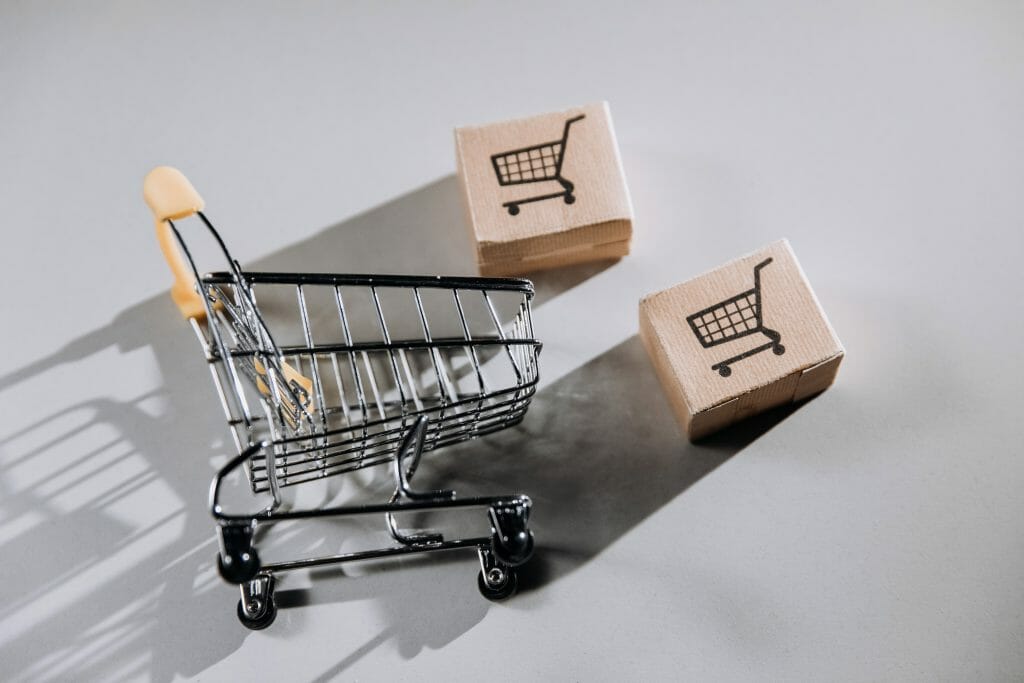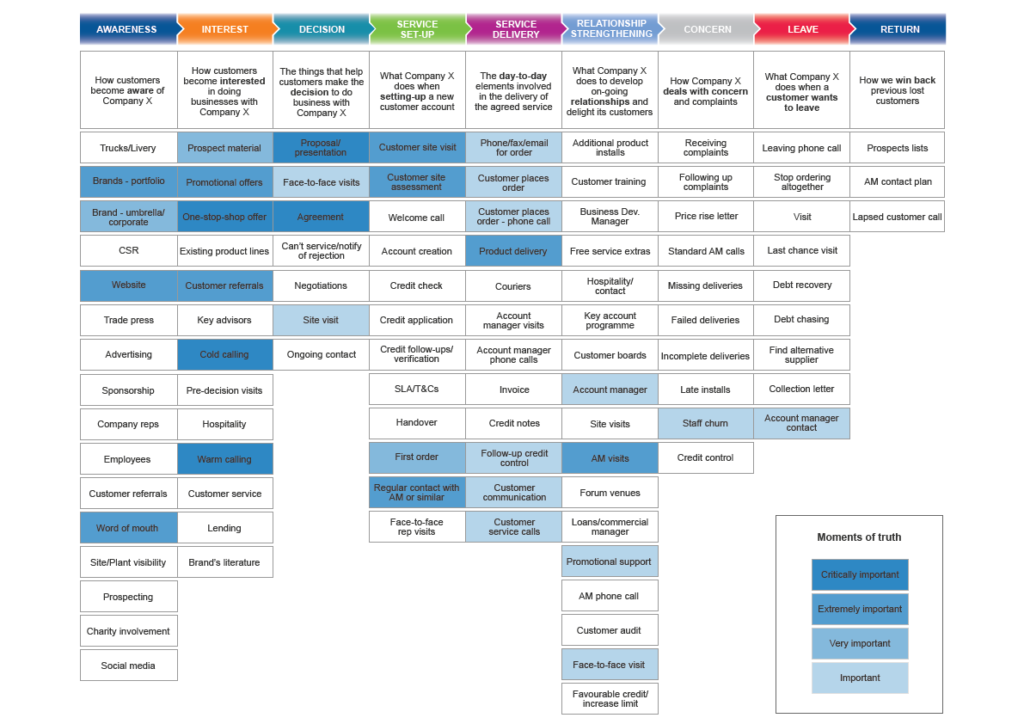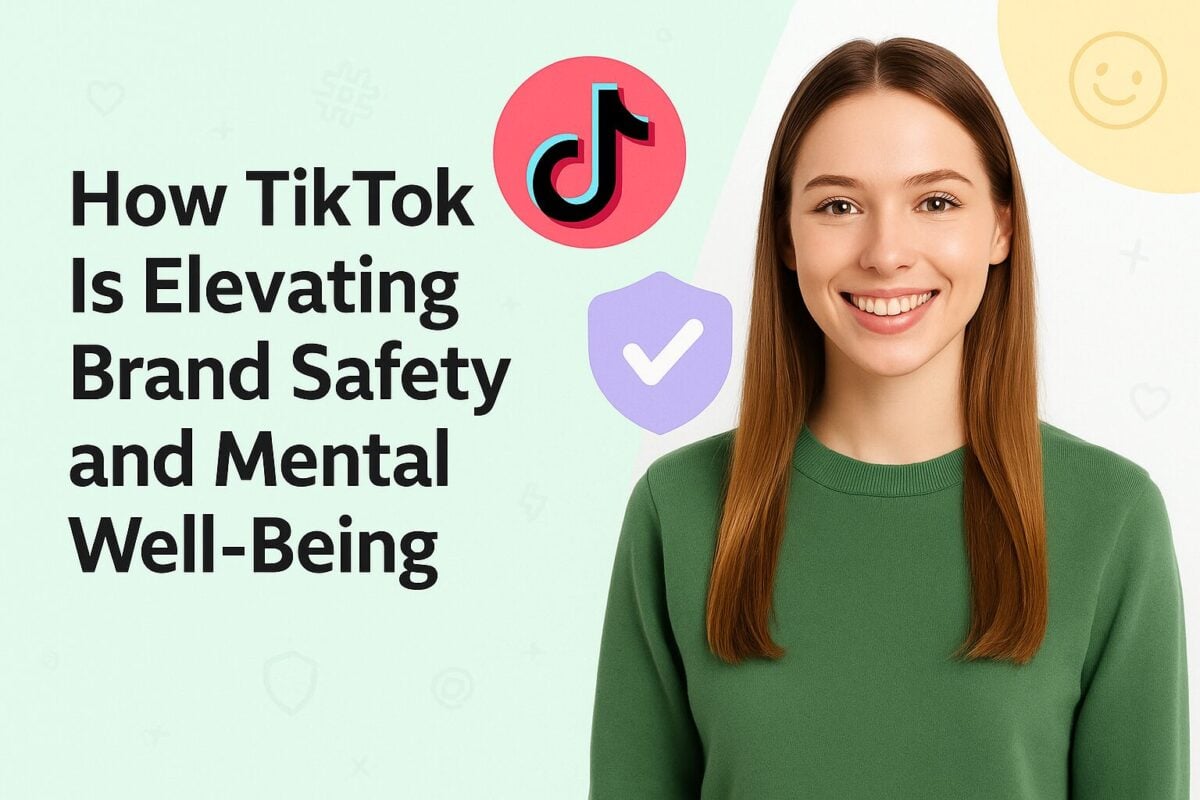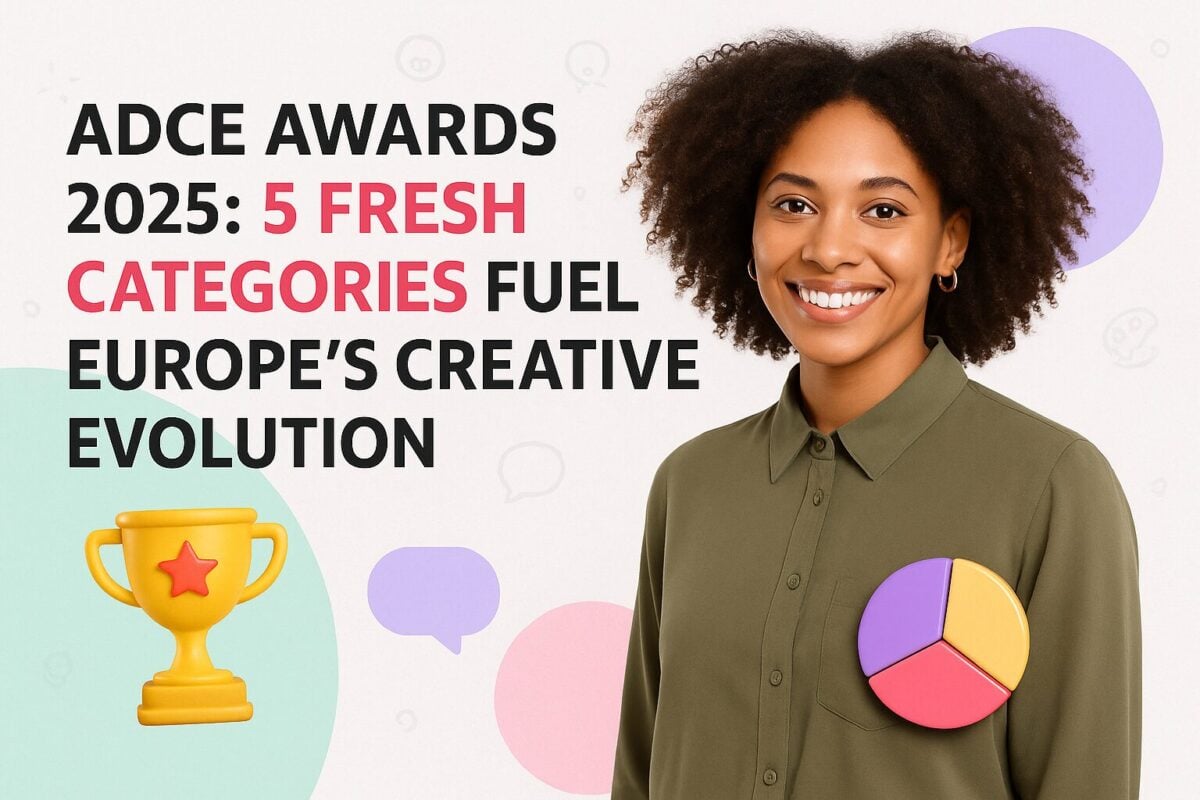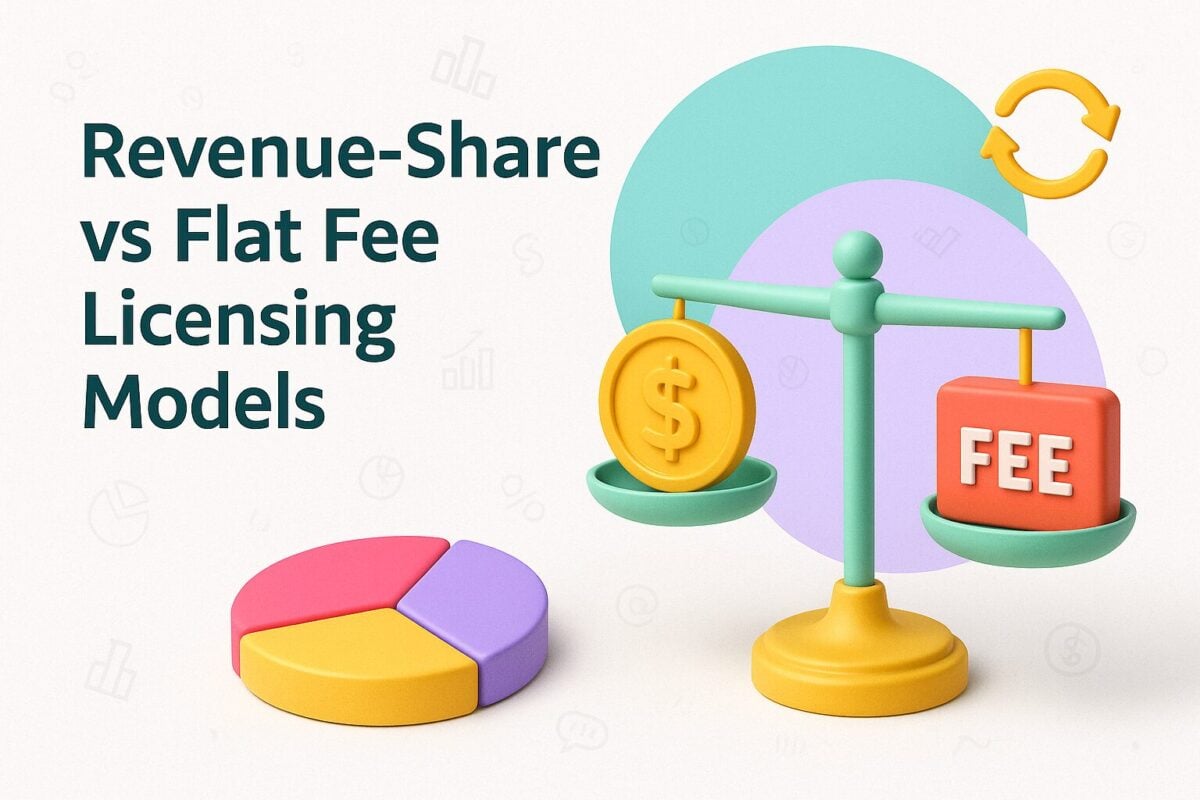In today's fast-paced digital world, the average consumer or corporate decision-maker is more savvy, demanding, and discerning than ever.
So, what does this mean? Well, in a nutshell, it means that people are no longer susceptible to plastic digital advertising and the one-size-fits all marketing strategies of yesteryear. In fact, the top ten highest-spending brands reached over 14.3 billion users through YouTube campaigns alone.
So it's not surprising that 72% of people trust recommendations from influencers (even if they don’t know them) over brands or businesses. When you consider that so many people trust the opinions of their peers, it's little wonder why influencer marketing is so popular - and effective.
B2B influencer marketing focuses on partnerships between brands and creators who produce and distribute content that highlights the brand’s offerings. The influencers you encounter on your personal social media might just be the key component your B2B marketing strategy needs.
- What Is B2B Influencer Marketing, Exactly?
- The Benefits of Using Influencers in Your B2B Marketing Strategy
- Shining Examples of B2B Influencer Marketing Campaigns
- Finding Influencers for Your Campaign
- How to Implement Influencers Into Your B2B Marketing Strategy?
- Challenges of Measurement for B2B Businesses
- Conclusion
- Frequently Asked Questions
What Is B2B Influencer Marketing, Exactly?
Before we delve any deeper, let's consider what influencer marketing is and what it means in the realms of B2B.
Essentially, influencer marketing is a field of marketing that focuses on using key leaders to drive or showcase a brand message to the larger market. Rather than selling directly to a big group, instead, you can inspire, hire, or even pay market influencers to promote what you have to offer.
As we said, people are far more likely to take action based on the recommendations of their peers - and in the B2B world, this notion is no exception.
Most influencer marketing campaigns employ active elements of social media as well as content marketing. Why? This is because, in today's world, content is everything and to enjoy success, you'll need to create content to engage with the influencers you're targeting.
In the B2C world, influencer marketing yields great results. MediaPost recently reported a healthy ROI of $6.50 returns for every dollar invested - not bad at all.
In the B2C world, consumers tend to rely on two main factors: empathy and detail. Now, buyers often shape their decisions based on experiences with industry influencers in their personal lives - and they're looking for the same level of convenience and connection in their professional lives.
For a B2B influencer marketing campaign to be successful, those in the driving seat must adopt a similar approach to B2C marketers, but it's essential to find innovative ways to target those with deep industry knowledge; the kind of individuals that can influence corporate buyers and seamlessly tap into key business-to-business conversations.
The Benefits of Using Influencers in Your B2B Marketing Strategy
Okay, so we've talked about what influencer marketing is and how it applies to the B2B landscape. Now, let's take a glance at the benefits of using influencers as a core part of your B2B marketing strategy.
1. Influencers Offer a Unique Perspective
B2B influencers bring a fresh, outside perspective that can resonate deeply with your target audience. Their insights, experiences, and expertise can align with the pain points and interests of the businesses you’re trying to reach, making your message more impactful.
By offering a viewpoint that’s often different from internal teams, influencers can highlight new angles and solutions your audience may not have considered.
2. Amplifying Your Thought Leadership
Influencers have the ability to enhance your brand’s thought leadership by sharing original ideas and insights that shine a new light on your existing content. This amplification increases your visibility within your industry and helps position your brand as a trusted and desirable authority.
The more influencers showcase your brand’s expertise, the more likely you are to be seen as an industry leader, fostering long-term engagement and credibility.
3. Access to Valuable Professional Networks
Partnering with influencers opens doors to exclusive networks and professional contacts that your brand may not otherwise reach. These connections can help you build relationships within your industry and broaden your influence in key markets. Influencers often serve as trusted intermediaries, bridging the gap between you and key decision-makers who are otherwise difficult to access.
4. Boosting Credibility and Trust
Influencers carry authentic credibility within their niche, which can be leveraged to build trust with your target audience. By aligning your brand with influencers who are recognized as experts, you provide valuable solutions to your audience’s challenges, reinforcing your brand’s authority and relevance.
This credibility, combined with the influencer's endorsement, can lead to faster decision-making and stronger loyalty from potential clients.
Shining Examples of B2B Influencer Marketing Campaigns
To give you a better insight into the power of B2B influencer marketing, here are two shining examples for your reading pleasure.
VideoFruit

Source: videofruit.com
One of the most traditional and potent forms of B2B influencer marketing is guest blogging. By encouraging market influencers to publish original, informative, and engaging industry insights on your publication, you stand to increase your reach and hugely boost your credibility. And this notion works both ways…
Bryan Harris, founder of marketing agency VideoFruit, produced an article for the OkDork blog, a niche digital marketing publication with a healthy B2B following, and by offering a fresh tone of voice, coupled with valuable industry information, the results were rather incredible.
On the same day the post was published, VideoFruit's page views increased by over 500%; unique page views rose by a whopping 600%; the average visitor time went up by more than 8% and last, but certainly not least, the bounce rate fell by around 6%.
By using its internal talent to influence a large targeted B2B audience, VideoFruit reaped great rewards, increasing conversions and boosting brand awareness in a big way.
Maybelline
As a high-street makeup giant, Maybelline is a brand with a fairly sizable amount of street cred, to say the least.
Now, to reach a host of new consumers in a relatively short space of time, Maybelline used the power of social media marketing to implement an incredibly successful B2B campaign. By using its very own Fashion Week 2016 as a promotional platform, Maybelline utilized a host of its corporate partners, as well as notable beauty experts affiliated with them to branch out to new consumers and businesses.
The brand used 15 makeup experts from 15 different countries to roll out videos, tips, and tutorials (chiefly through Instagram) during the course of the week, resulting in a monumental reach of 13.9 million businesses plus consumers in addition to a grand total of 3.9 million likes worldwide.
By using the credibility of other influential brands, businesses and industry experts to your advantage, it’s possible to expand your reach and connect with exciting new prospects; get the timing right, and you’ll enjoy maximum B2B influencer success.
Finding Influencers for Your Campaign
Regardless of the approach you plan to take when setting up your B2B influencer marketing campaign, if you don't find the right influencers, you won't be able to reach the right business audience.
By understanding the B2B buyers you're looking to target, you'll stand the greatest chance of success. To do so, you should create a B2B buyer persona - an in-depth profile of your target buyer.
Once you've created a comprehensive profile, research the businesses you feel best fits the mold regarding the services you offer and look at which websites they visit, which trade organizations they're a member of, who they interact with on Linkedin, and who they follow on social media.
By collecting this data and using your newfound knowledge to paint a detailed picture, you'll be able to understand the kind of content you'll need to create to engage with them, as well as which industry influencers to use to your advantage. At this point, you’ll have a decent idea of the influencers that are worth branching out to, but if you need a helping hand sourcing the best people for the job, these tools will help:
- BuzzSumo
- Followerwonk
- Pitchbox
- Traackr
- Onalytica
Create yourself a comprehensive buyer persona, conduct your market research, use the above tools to find the most valuable influencers for your marketing efforts and you’ll be able to forge new business relationships in no time.
Once you've sourced your influencers, you'll want to execute your strategy. There are three additional components to an effective B2B influencer marketing strategy...
- Create a content campaign directed at the influencers you're targeting.
- Put together a secondary marketing campaign for the influencers to drive greater awareness to a larger set of target buyers.
- Track key metrics relating to reach, sales and brand awareness to measure the ongoing success of your campaign.
How to Implement Influencers Into Your B2B Marketing Strategy?
Integrating influencers into your B2B marketing strategy can significantly enhance your brand's credibility and reach, making it essential to approach this process thoughtfully and strategically.
Define Your Goals
Before integrating influencers into your B2B marketing strategy, it's crucial to establish clear objectives. Are you aiming to boost brand awareness, generate leads, or enhance customer engagement? Setting specific, measurable goals will guide your influencer selection and campaign execution, ensuring that your efforts align with broader business objectives.
Identify the Right Influencers
Next, focus on finding influencers who resonate with your target audience. Look for individuals with established credibility in your industry and a genuine connection to their followers. Utilize social listening tools to analyze potential influencers based on engagement metrics rather than just follower counts.
This will help you identify those who can effectively communicate your brand’s message to the right audience.
Build Relationships
Once you've identified suitable influencers, prioritize relationship-building. Engage with them by sharing their content, commenting on their posts, and offering valuable insights. This approach fosters goodwill and makes it easier when you eventually reach out for collaboration. Remember, influencer marketing is about partnership, not just transactional relationships.
Co-Create Valuable Content
Collaborate with influencers to produce high-quality content that adds value to your audience. This could include webinars, white papers, or insightful articles that leverage their expertise while promoting your brand. Co-created content not only enhances authenticity but also allows you to tap into the influencer’s established audience.
Measure and Optimize
Finally, consistently track the performance of your influencer campaigns using relevant KPIs such as engagement rates, lead generation, and conversion metrics. Analyzing this data will provide insights into what works and what doesn’t, allowing you to refine your strategy for future campaigns.
By following these steps, you can effectively implement influencers into your B2B marketing strategy and drive meaningful results.
Challenges of Measurement for B2B Businesses
In B2B marketing, the pressure to demonstrate ROI is greater than ever. However, measuring the effectiveness of B2B influencer marketing comes with unique challenges. The complex nature of B2B sales cycles and the broader scope of influencer activities make it difficult to track success with precision. Here are some of the key obstacles.
1. Niche Markets and Specialized Products
B2B companies often serve highly specialized, niche markets. Their products or services tend to be complex, and their target audience is much smaller than in B2C. This narrow focus makes it challenging to measure the true reach of an influencer’s content, as the target audience is small and specific.
When your business relies on a handful of high-value clients, gauging the influencer’s ability to reach those exact customers is far from straightforward.
2. Long Sales Cycles and Multi-Stage Buying Journeys
Unlike B2C, where customers might make quick purchasing decisions, B2B buying journeys are long and intricate. Decision-makers spend months, or even years, evaluating options before committing to a purchase. With multiple touchpoints over the course of the sales cycle, it's difficult to attribute a specific influencer post or campaign to a final sale.
Often, buyers will engage with many different pieces of content—both from your company and influencers—before signing a contract, making direct attribution challenging.
3. Influencers as Part of a Broader Marketing Ecosystem
B2B buyers don’t rely solely on influencers for information. According to a Forrester survey, the average B2B buyer conducts over half of their research online, consulting various resources—webinars, white papers, peer reviews, and influencers. This makes it difficult to isolate the influencer's role in the decision-making process.
Their content may contribute to a broader marketing mix, but measuring their specific impact can be tricky.
4. The Complexity of Group Decision-Making
In most B2B purchases, decisions are made by committees rather than individuals. The person engaging with influencer content may not even be the one making the final purchasing decision. Instead, they may recommend products or services to a larger group.
As a result, the influence an influencer has on this recommendation is often indirect and difficult to quantify, especially if multiple people are involved in the decision-making process.
5. Offline Engagements: A Key Part of B2B Influence
Many B2B influencers extend their reach beyond digital platforms, participating in conferences, trade shows, and networking events. While these offline interactions are valuable and often essential in B2B, they are much harder to track than traditional online engagement.
Measuring the influence of a keynote speech or networking conversation is far more complex than tracking likes and shares on social media, leaving gaps in understanding the true ROI of an influencer’s efforts.
6. The Difficulty in Isolating Specific Marketing Messages
B2B influencer marketing involves a wide range of content, from blog posts and webinars to social media shoutouts. However, it can be hard to gauge the direct impact of a specific piece of content. One blog post might spark initial interest, while a later webinar solidifies the deal.
The dispersed nature of content consumption in B2B means that success is often the result of cumulative efforts rather than a single, trackable event.
7. The Challenge of Measuring Unpaid Influencers
B2B influencers are often genuine advocates of a brand, promoting products they truly believe in. Some of this promotion happens organically, without compensation or formal agreements. While this kind of authentic promotion can be highly effective, it’s difficult to measure and quantify its impact.
How do you measure the effectiveness of a positive mention at a trade show, especially when it wasn’t part of a planned campaign?
Conclusion
B2B influencer marketing has proven to be an invaluable business and marketing strategy. As decision-makers become more discerning, the ability to leverage trusted voices and thought leaders in your industry can offer a significant competitive advantage.
While measuring the direct impact of B2B influencer campaigns can be complex due to long sales cycles and multi-touch buying journeys, the cumulative influence on credibility, trust, and brand awareness is undeniable.
Frequently Asked Questions
What is B2B influencer marketing?
B2B influencer marketing involves collaborating with influential figures in a specific industry to promote products or services to other businesses. It leverages the credibility and reach of these influencers to enhance brand visibility and trust among target audiences.
How does B2B influencer marketing differ from B2C?
While B2C influencer marketing focuses on reaching individual consumers, B2B influencer marketing targets corporate buyers and decision-makers. This often requires influencers with deep industry knowledge and the ability to engage multiple stakeholders throughout longer sales cycles.
What are the main goals of B2B influencer marketing?
Common objectives include increasing brand awareness, generating leads, building trust, educating audiences, and nurturing leads throughout the buying process.
How can I identify the right B2B influencers for my brand?
To find suitable influencers, assess their relevance to your industry, audience engagement metrics, content quality, and past collaborations. Tools like social media listening platforms can aid in this process.
What types of content can be created with B2B influencers?
Content can range from guest blogs and webinars to co-hosting podcasts and creating educational videos. The focus should be on producing valuable content that resonates with the target audience while aligning with the brand's messaging.

